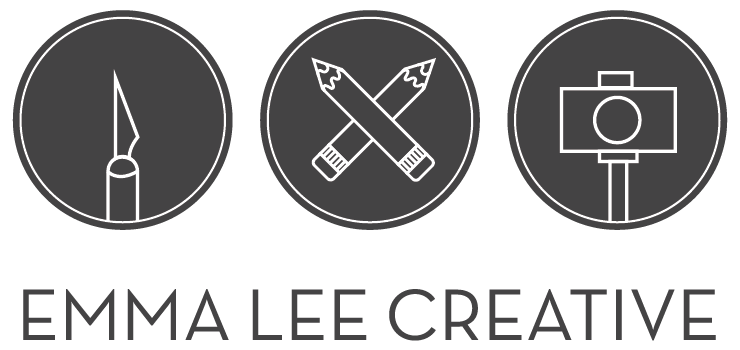I am currently working on a website for a church. I'm in the process of writing copy that informs potential visitors of what a service is like at this church. In the process of describing each service, I was reminded of an uncomfortable situation in which I found myself in awhile back.
I was hanging out with some friends from church, and there was someone there whom I didn't know. As the evening went on, she revealed that she is involved with an organization that serves women who have been rescued from human trafficking. We were all interested to hear more about what she did for a living, but what she shared was not what I expected.
As she shared her experiences with us, she not only told us the names of some of these women, she showed us pictures of them, told us their stories, their ages, and even told us where this organization is located. This disturbed me, as I have worked in human services, and I know that confidentiality and privacy for the person you serve is of utmost importance. Being in new company, she didn't know any of us well. For all she knew, one of us could have been a predator looking for new targets, and she had just given us names, ages, stories, and the where to find them. In other words, she told us all a predator would need to know to find their next victim.
So, back to present day, as I'm revising copy, I read a sentence that rubbed me the wrong way. "Sunday's earliest service attracts many middle-aged men and women, as well as families with teens," I wrote. Drawing on that uncomfortable experience, I decided that it would be wise to remove "with teens." I felt it was revealing a little too much to someone who may not be attending church for the worship and teaching, as it specified what time a certain demographic would be present. As the recent shooting in Charleston demonstrated, not everyone who walks into a church is well-intentioned.
As a copywriter, I have learned that there's more to good copywriting than originality, charisma, and whimsy. When working on something as public as a website, it is important to not only consider your intended audience, but also your unintended audience. When it comes to material promoting a service or event where minors are part of the target audience, it's imperative that we consider who else may be viewing.
While it may seem like an exercise in being unnecessarily cautious, I think any Christian organization would be wise to err on the side of unnecessarily cautious. Given the often tenuous relationship between religious and secular culture, protectively using language on public material keeps information out of the hands of ill-intentioned citizens, and quietly builds the credibility between the religious and the secular. Language is a powerful tool, and those who are skilled with such a tool must understand the power they hold, and hold it with humility and reverence.
